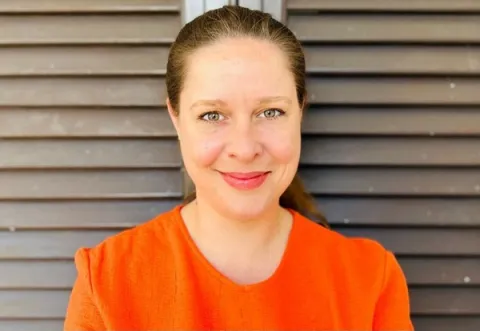About the project
This PhD studentship is in the broad area of sexuality research.
Potential research topics include:
- cross-cultural quantitative research on people´s bad sex definitions
- conducting experiments to examine if participants perceive whether a sexual scenario describes “bad sex” or sexual assault
What counts as sexual assault is one of today’s most burning social issues. Consent is considered the crucial marker for acceptable sex. Thus, sex is primarily conceptualised as either consensual and wanted or non-consensual and unwanted (i.e., rape). But can sexual experiences be harmful despite being consensual? Pointing to a range of troubling sexual experiences situated outside the remit of criminal law, the dimension of “bad sex” has recently gained public attention.
While much is known about sexual assault, less is known about those grey zones of sexual experiences that disproportionally affect women. Using an inter-disciplinary foundation (i.e., sexuality research, psychology, law), the proposed project will fill this gap by investigating “bad sex” in its socio-legal contexts. The crucial step towards this goal is to explore the phenomenology of “bad sex”.
In a next step, the project aims to frame those experiences in terms of the cultural and legal contexts in which they are situated. The focus of analysis will be thereby on the law and social media (i.e., Twitter).
First, the project will examine whether or not the traditional or liberal sexual assault legislation of a country is related to peoples’ “bad sex” experiences. It will then analyse “bad sex” discussions on Twitter to explore if women’s “bad sex” experience is debated as a social and political issue. Finally, in an experimental design, the project aims to examine if participants perceive whether a sexual scenario describes “bad sex” or sexual assault and which cues they are using to make this decision.
All proposed studies will be conducted cross-culturally to provide maximum diversity and support the investigation into how cultural and socio-legal factors shape “bad sex” experiences, thus, offering a particularly rigorous test of the studied phenomena. Together, the project proposes essentially new ideas and methods for understanding the greyer zones of sexuality.
